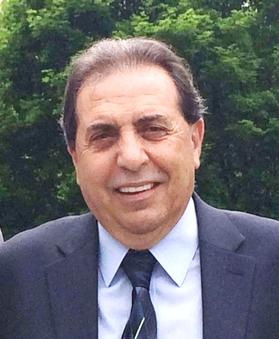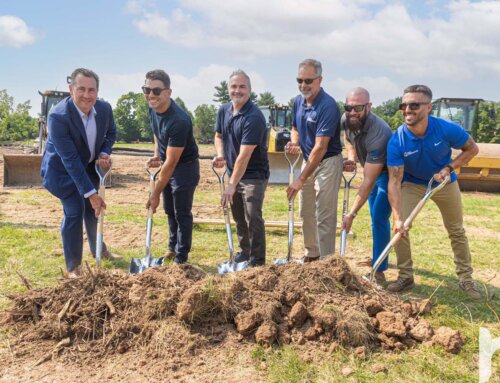Do you know what a probate estate is? If so, chances are that you received a crash course during a difficult time – after a loved one's death.
A probate estate covers all of the assets that a person owns at his or her death that are subject to probate administration – that includes assets in the deceased name, household items, and amounts owed to the decedent paid after death.
During this challenging time, Bucks County attorney Salvatore Paparone often finds himself called in to help. With 35 years of legal experience, Sal has built a successful firm, the Law Offices of Paparone & Associates based out of Trevose, through genuine dedication to clients, open communication, and subject-matter expertise. That includes offering free consultations and reasonable rates for services.
Unraveling a lifetime of assets can be an overwhelming process – Did the deceased own equity in businesses? Have business partners? Own extensive property or collectibles? We recently sat down with Sal to get a crash course in Probate Estates:
What does Probate mean?
Sal: Probate usually refers to the legal process wherein the estate of a decedent is administered.
Who should seek a lawyer to Probate their Estate? And when?
Sal: Anyone that has to probate an estate should seek legal assistance as soon as practical after the death of a loved one. No state requires you to use a lawyer to probate an estate, but probate can be complicated, and you can be personally liable if you do something wrong.
What is the Probate Process ?
Sal: The probate process is overseen by a probate court. The Court determines if the will submitted to the court is valid and should be given legal effect. If the decedent dies intestate—without leaving a will—the court appoints an Administrator/Personal Representative to distribute the decedent's property according to the laws of the State.
The executor or administrator is charged with collecting the assets and liabilities, paying off the descendant’s debts, preparing and paying all the income taxes and inheritance taxes and selling and/or distributing the balance of the assets to the beneficiaries in accordance with the will (if one exists) or in accordance with the State’s intestate laws if one does not exist.. Additional complexities develop when an estate has trusts, minors, businesses or when there is a conflict among the beneficiaries.
How long does the process typically take?
Sal: The time involved to probate an estate varies by estate but typically takes 12 to 18 months.
What are proactive steps that someone can take to get prepared?
Sal: To be proactive people should contact an attorney to discuss Estate Planning.
Estate Planning involves preparing for the smooth transfer of assets upon your death or during a period of disability. Depending on a number of factors such as the size of the estate, the potential beneficiaries, the age of the beneficiaries, etc. estate documents should be prepared. These typically include a Will (with or without a Trust), a Financial Power of Attorney, a Health Care Directive, and a Living Will. Business succession documents, Living Trusts, Testamentary Trusts, or other types of trusts are evaluated by individual client.
What about younger adults, do they need to plan their estates?
Sal: Yes. Sometimes more that that the older adults. Younger adults should be concerned about what happens to their children and their assets if a tragedy were to occur. Do they have guardians named for the children? Or will the family members argue over the children? Do they even want their family members to be the guardians? Do they have trusts for the children? Do they want different people to be the Guardian of the children and Guardian of the children’s assets?
Call 215-638-3100 to schedule a consultation with the Law Offices of Paparone & Associates regarding Probate Estates or any other area of expertise include Wills, Trusts, Estates, Personal Injury, Real Estate, and Business & Commercial law.
–Sponsored–
We Are Supported By:





Join Our Community. Click here to learn more









